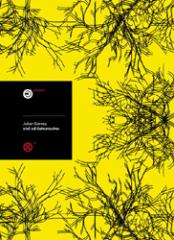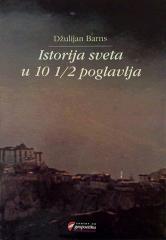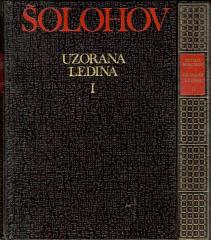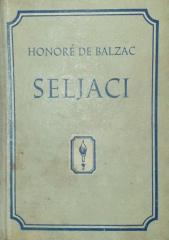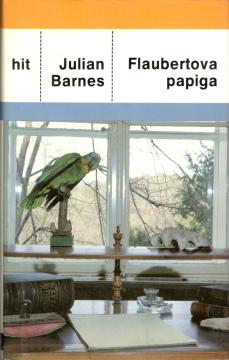
Flaubertova papiga
"Flaubert's Parrot" (1984) is a hybrid of fiction, biography, and essay. Julian Barnes takes us on an unusual journey through the mind of Geoffrey Braithwaite, a retired English doctor whose passion for Gustave Flaubert grows into an obsession.
Set in France, this Booker Prize-nominated story is not just a novel, but a playful tapestry of biography, essays, and fiction. Haunted by grief over the death of his wife, Braithwaite wanders museums and archives in search of a stuffed parrot—the very one said to have inspired Flaubert’s novella A Simple Heart. But what is truth and what is myth?
As Geoffrey digs into Flaubert’s life, from his love affairs to his literary triumphs, he uncovers multiple parrots, each with its own story. This search becomes a mirror of his own search for meaning. Through witty digressions—like a fictional Flaubert bestiary or three versions of his chronology—Barnes guides us through a labyrinth of history, doubt, and storytelling. Geoffrey’s voice, woven with irony and melancholy, reveals not only Flaubert’s contradictions, but his own: his love for the woman he lost and his inability to fully understand her.
The novel is like a puzzle—playful yet deeply emotional. Barnes makes us wonder: can we ever capture the true essence of someone's life? "Flaubert's Parrot" is a love letter to literature, but also a painful meditation on loss and truth.
One copy is available
